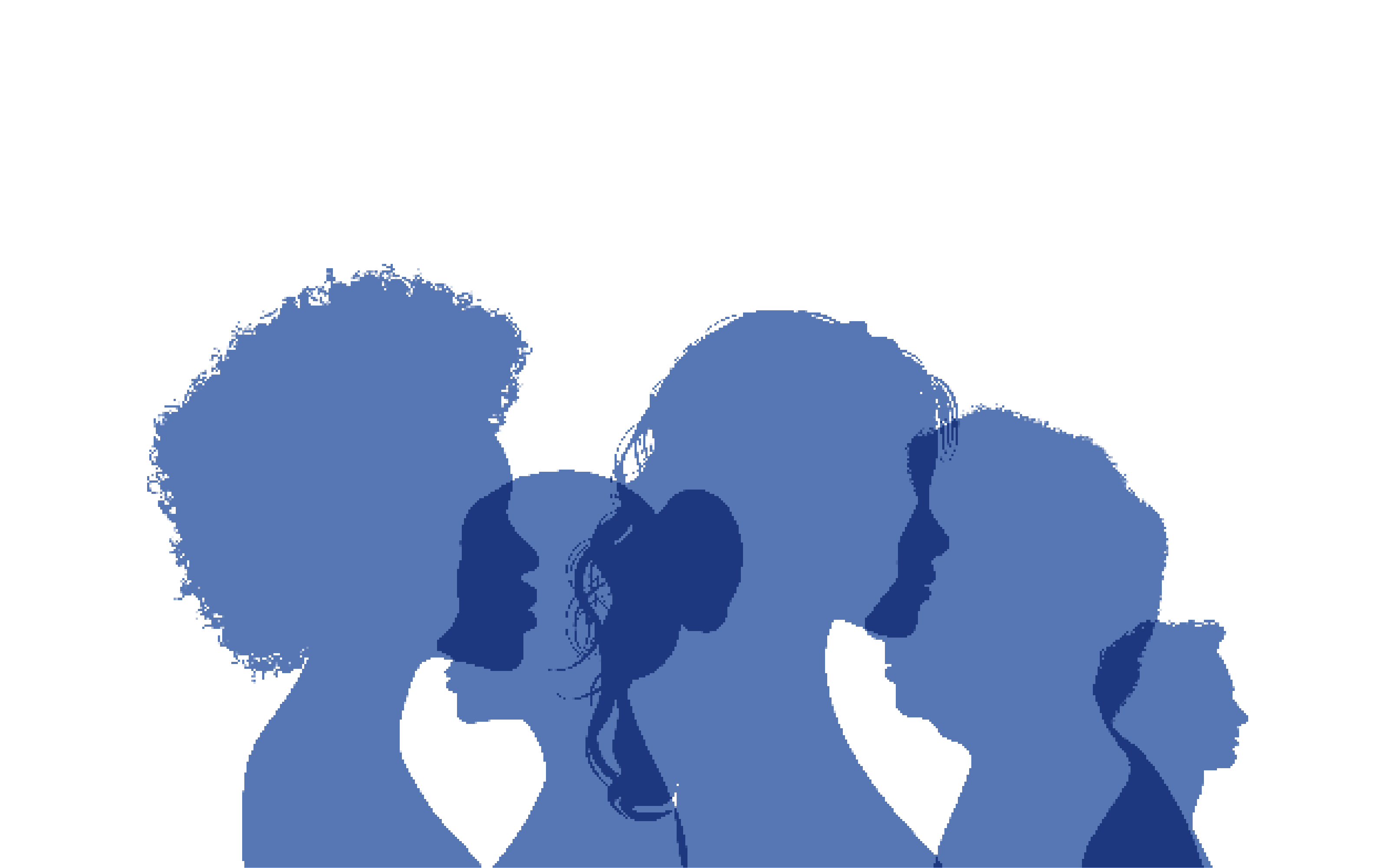What did you do to create inclusive practice and how did you do it?
We developed a curriculum for ITE Primary Music, which actively models to students how they can create a diverse, decolonised curriculum alongside opportunities to harness music for expression of every self. Methods of achieving this aim included:
- Guided examination of music resources on which the ‘listening’ component of music is based; this involved a focus on decolonising the curriculum and explorations of music from around the world.
- Setting up a culture of inclusivity in music classrooms – we modelled and talked through the value of open-ended composition tasks in which the individual has space to connect to different music from the viewpoint of their own self and lifeworld. This drew on research on world-centred education (Biesta, 2022), connecting the individual to the world through noticing and exploration.
- Inclusive methods of formative assessment based on collaborative evolution/revolution of ideas – this is where the individual’s experience is brought into connection with the experiences of others, developing inclusivity through the positive acknowledgement and discussion of all perspectives. This draws on High Performance Learning research (Eyre, 2016), particularly the notions of intellectual curiosity, evolutionary and revolutionary thinking.
Why did you implement your example of inclusive practice?
Music is a celebration of cultures and individuals, with affective and lasting power. Therefore, it is every teacher’s responsibility to carefully craft a curriculum that offers children experiences rich with cultural diversity and opportunities to connect authentically to their own inner worlds. We wanted to address this within our ITE Programme of Study for Primary Music. The timing of a national review of music teaching – and subsequent new national curriculum guidance – gave an excellent backdrop to this opportunity. Guiding our approach are two main sources of thinking. The first is the notion of world-centred education (Biesta, 2022), which argues for educational focuses to be realigned in a way that brings individual selves into contact with the world, offering opportunity to notice, ponder and connect with ideas and phenomena within and beyond our current lifeworlds. We connect this to High Performance Learning research (Eyre, 2016), which argues that deep understanding and skill can be accessed and developed by all learners, given the opportunity. In particular, we offer students opportunities to experience and learn about how to develop intellectual confidence, in which one’s opinions, beliefs and life experiences can be brought into positive contact with those of others. We also use the notions of collaborative evolution and revolution to develop inclusive formative assessment strategies for Primary Music teaching, in which students connect and discuss their ideas in gradually larger groups, to develop compositions into a wider class project.
What was the impact of your case study?
These developments have broadened the Primary Music ITE curriculum in the pursuit of inclusivity and diversity. In qualitative end-of-module feedback, student teachers have reported that they feel able to create a diverse curriculum and inclusive pedagogy. Students also reported enjoyment of the sessions on both undergraduate and postgraduate (PGCE) programmes, reflecting on the power of ‘being given a space to think about our own connections with music and how we can help children to do the same’, as well as ‘having time to really think about how to offer a curriculum which explores music from around the world and so open up discussion on countries and cultures and traditions’.
What were the lessons learned?
This process was enjoyable to do and we recommend this to all ITE programmes.
